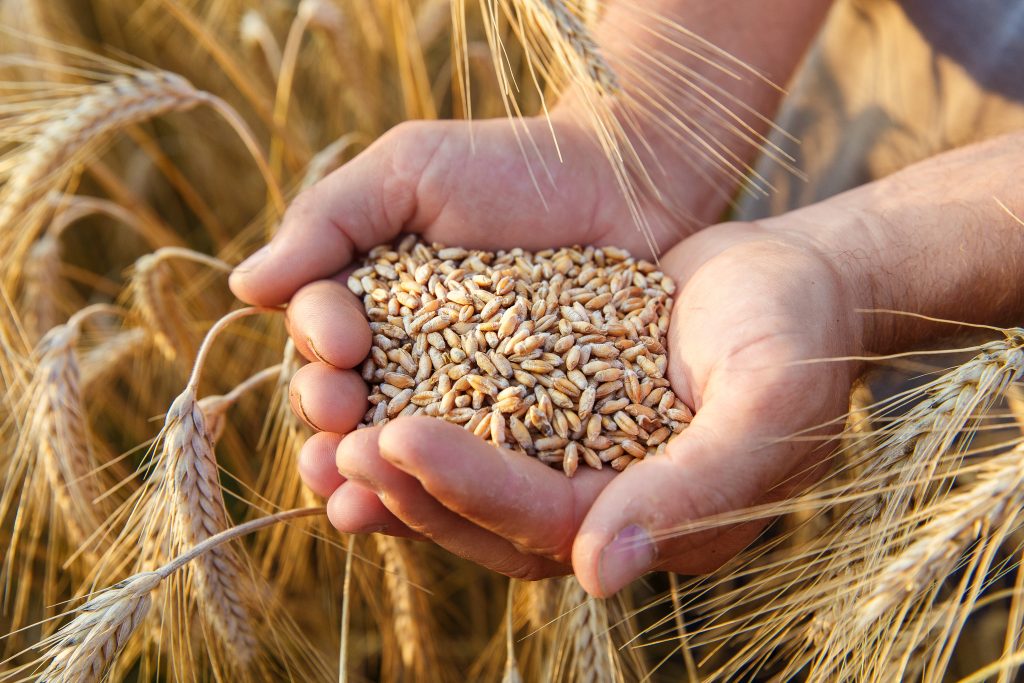Australia has a looming food security crisis, yet it is not being sufficiently acknowledged by politicians, according to a regional community group.
Thank you for reading this post, don't forget to subscribe!The Murray Regional Strategy Group says it is time to realise the current and impending dangers if action is not taken.
Its Chair, Geoff Moar, said recent reports have highlighted the need to recognise the problem, yet scant attention is being paid at a political level.
“The Federal Government has indicated we need to address national food security, but we have seen no firm actions, apart from announcing a ‘Feeding Australia’ strategy that Agriculture Minister Julie Collins says will focus on biofuels and preventing checkout shocks.
“This ignores they key ingredient in food production and therefore security, which is water. We must review water policy and the impact it is having on food security. You can’t grow food without water, and at present there is insufficient effort to ensure we are effectively managing this precious resource,” Mr Moar said.
He explained that a National Food Security Preparedness green paper, compiled by the Australian Strategic Policy Institute, has raised serious concerns about Australia’s food security.
“Various reports are highlighting the need for Australia to ensure we maintain self-sufficiency with food production, yet in contrast we are increasing our imports at an alarming rate,” Mr Moar said.
“This trend not only poses a long-term risk, but in the immediate term it is increasing the cost of food at our supermarkets. Everyday Australians are paying the price because we are not prioritising fresh, clean, locally grown food,” he added.
The ASPI report recommends Australia should treat food security on par with defence.
Mr Moar agrees, and says one of the important starting points can be including food security in the 2026 review of the Murray-Darling Basin Plan.
“Under the Basin Plan the Australian Government is spending $13 billion of taxpayers’ money, which is having a ‘double negative’ impact by increasing the national debt and reducing our food security.
“Instead of removing water from food production we should be undertaking projects that help us grow food while also protecting the environment. There are numerous options, but the government is taking the easy way out, which is buying water from farmers and storing it in dams for future use.
“As a nation, we need to come to terms with the flawed water management that is unnecessarily plaguing our future food security and has already increased the cost of food at the supermarket. And it is only going to get worse.
“Changes to water policy have not only significantly reduced the amount of water available to farmers for growing food, but also created a dysfunctional water market that allows corporates and investors to profit, at the expense of farmers and families who want cheaper food.
“Imports of staple foods such as dairy products and wheat continue to rise, and under current policy settings this trend will continue,” Mr Moar said.
“There should also be particular concern around fruit and vegetables. With less available water for growing these essential, healthy fresh foods there will be a double whammy of increased imports and higher prices at the supermarket.
“I do not believe there is a full community understanding of the impact when you reduce water availability and then have the obvious additional effect, which is affordability. As the water becomes more expensive, the amount of food our farmers can afford to grow is also reduced,” he said.
Mr Moar said at present the impact of the Basin Plan on national food security is not part of the 2026 Basin Plan review, yet including it in this process is imperative.
“Australia and the world are starkly different today than when the Basin Plan was embedded in a new Water Act nearly two decades ago. So much has changed, including science around Basin Plan flow volumes, potential water saving projects and much more.
“Yet for some inexplicable reason we have governments which are not prepared to even consider alternatives that can bolster our food security, reduce fresh food prices, protect the environment and save jobs.
“This is hard to comprehend and fresh approach is required,” Mr Moar said.

